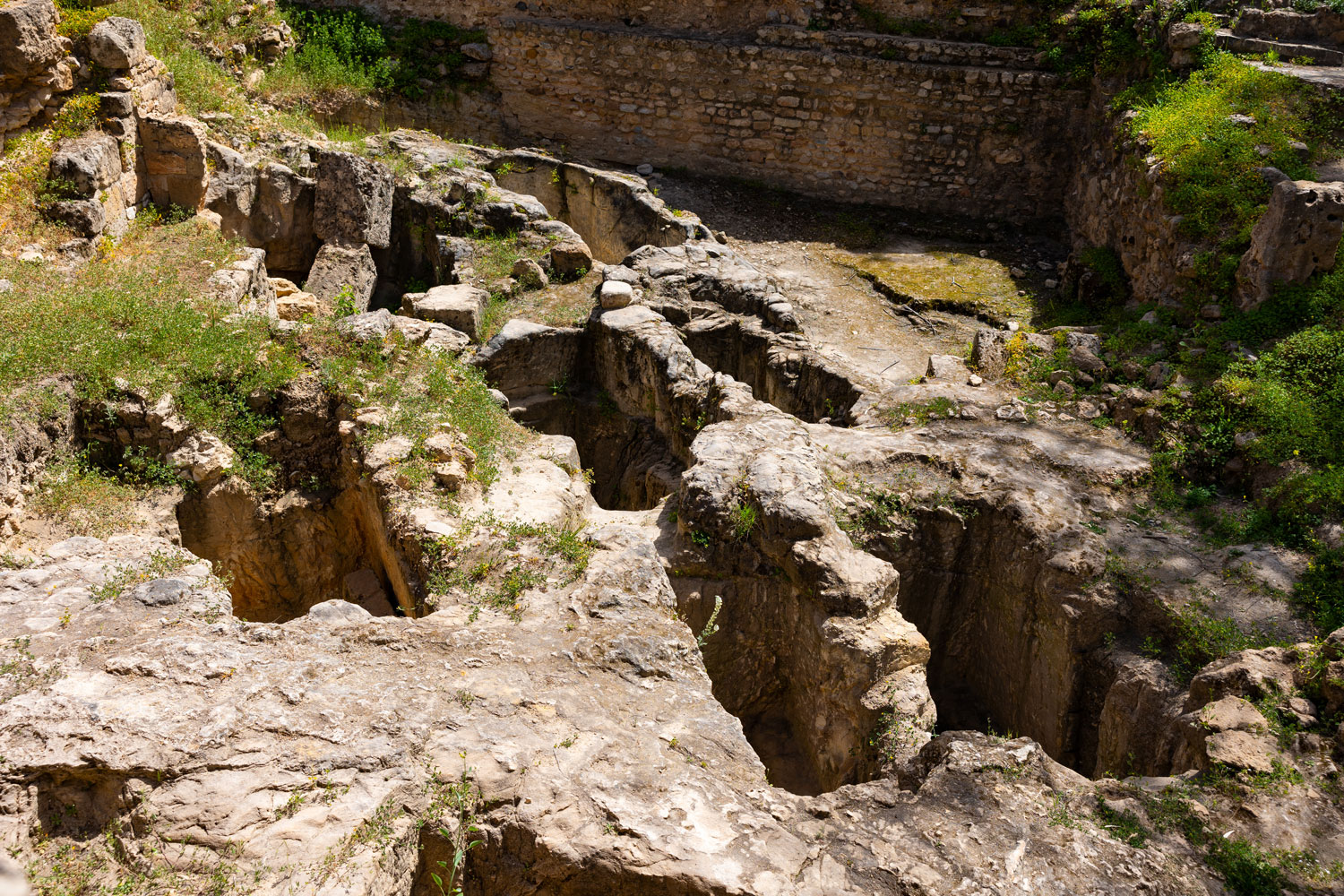Welcome to DU!
The truly grassroots left-of-center political community where regular people, not algorithms, drive the discussions and set the standards.
Join the community:
Create a free account
Support DU (and get rid of ads!):
Become a Star Member
Latest Breaking News
Editorials & Other Articles
General Discussion
The DU Lounge
All Forums
Issue Forums
Culture Forums
Alliance Forums
Region Forums
Support Forums
Help & Search
Anthropology
Related: About this forumNew Evidence of Phoenician Origins Emerges

LEIPZIG, GERMANY—Until now, archaeologists attempting to trace the genetic lineage of the Phoenicians have had a difficult time. These seafaring people who dominated trade in the Mediterranean during the first millennium B.C. have always been thought to have come from the Levant, but for centuries they cremated their dead, leaving nothing behind for scientists to test. However, Phoenician burial customs changed in the seventh century B.C. when they began to bury the deceased. According to a report in Science, researchers from the Max Plank Institute for Evolutionary Anthropology and Brown University have now sampled 100 genomes from 210 people buried in Phoenician-style graves at sites identified as Phoenician across the Levant, Europe, and North Africa. The results of their study have led to an exciting revelation. “Most people who were culturally Phoenician had no Levantine ancestry,” geneticist Harald Ringbauer of the Max Planck Institute said. “That was very unexpected, and a big surprise.” Most of the sampled individuals' genetic ancestry derived, in fact, from Sicily and the Aegean, while a few of the people showed North African genetic characteristics. It seems, then, that the Phoenicians were as genetically diverse as the places to which they traveled on their long trading voyages across the ancient Mediterranean to settle in new places from Carthage in North Africa to Cadiz in southern Spain. To read about the genetic diversity of the Roman Empire, go to “Ancient DNA Revolution: The Empire’s Genome.”
https://archaeology.org/news/2025/04/25/new-evidence-of-phoenician-origins-emerges/
~ ~ ~
Science:
Most Phoenicians did not come from the land of Canaan, challenging historical assumptions
Culture with biblical roots spread across the ancient world, but its people did not
23 Apr 202511:00 AM ETByAndrew Curry

Phoenician traders used mastery of the sail and seas to knit the Mediterranean together in the first millennium B.C.E.Bridgeman via Getty Images
The Phoenicians aren’t just famed for their maritime prowess and the invention of an alphabet that gave rise to the letters on this page. Scholars have long assumed they descended from the Canaanites mentioned in the Bible. But a new study of hundreds of ancient genomes finds that, although Phoenician culture and language may have originated in the land of Canaan, most Phoenician people did not.
The work, published today in Nature, is a striking example of culture spreading without mass migration to reinforce it, says Nathan Pilkington, a historian and archaeologist at the University of North Carolina Wilmington who was not involved with the research. “This is really good data that begins to say something.”
Archaeological evidence shows Phoenician culture began to spread westward across the Mediterranean beginning around 1000 B.C.E., after a 1200 B.C.E. collapse that affected the Phoenicians and other ancient civilizations. From Sicily to Spain and across North Africa, new coastal towns were built in the Phoenician style, with Phoenician artifacts and agricultural practices. “But the big open question was whether there was lots of movement of people, too,” says study co-author Harald Ringbauer, a geneticist at the Max Planck Institute for Evolutionary Anthropology.
Inconveniently, most of the Phoenicians who died during these early centuries of expansion were cremated, destroying any DNA. That made it difficult to tie these individuals back to Canaanites living in the Levant—a region encompassing roughly modern-day Israel and Lebanon in the eastern Mediterranean—during the Bronze Age, between 2000 B.C.E. and 1200 B.C.E.
“After the Phoenician period in the Levant, there’s 3 centuries where we really don’t know what’s going on,” says Brown University historian Peter van Dommelen, a co-author of the new study. “But when you see a new Levantine-style neighborhood in Spain, it’s reasonable to assume Levantine people went there.”
More:
https://www.science.org/content/article/most-phoenicians-did-not-come-land-canaan-challenging-biblical-assumptions